Read Our Latest Blog Posts

Coronavirus Anxiety - Is that a real thing or a myth?
We have been living in different times and experiencing a new way of living. Naturally with changes there are a great number of anxieties. It is our bodies response to protect us often seen in a flight, fight or flee response, which in many ways is necessary for our survival. However, in situations such as the one we are living right now this can aggravate our system in a negative way as we start to develop a level of anxiety that it is not healthy. Is coronavirus anxiety a thing? Will it be considered part of an anxiety disorder? Is it still too early to say? We have many different types of anxiety such as Generalised anxiety disorder, social anxiety, panic disorder and phobias. Right now, some of the triggers that cause the development of anxiety are part of the events we are all experiencing with the coronavirus outbreak. The social and economic strains from the restrictions placed to stop the spread are one that we can all relate to. Anxiety disorders can be caused by the interaction of genetics and environmental including:
Stress from traumatic events: Coronavirus can be considered a traumatic event. One of which we have not yet seen or have full understanding of the consequences that trauma from the pandemic has caused.
Medical conditions: If the person already suffered or suffers from anxiety this can escalate even more when being exposed to an uncertain experience such as coronavirus pandemic.
Relationships: For those who are extroverted and in need of interaction, the experience of isolation may contribute to anxiety, due to the development of separation anxieties form the relationships that have suffered in the lockdown period.
Academic or professional performance expectations: The uncertainty with coronavirus effecting our performance or expectations can be seen in those in the education system as well as working processionals who may begin to suffer from the levels of anxiety.
Depression: Those that started suffering from depression because of coronavirus and lockdown
Unhealthy habits: Some people created good habits over the lockdown, but others haven’t. Some individuals put on weight, stop exercising or suffered from a lack of sleep or unhealthy sleeping patterns. All of which can trigger anxiety events.
I question if mental health concerns of people impacted by the coronavirus pandemic have not been adequately addressed. In order to try to answer some questions regarding mental health,
Lee (2020) has developed and evaluated the properties of the Coronavirus Anxiety Scale (CAS) which is a brief mental health screener to identify probable cases of dysfunctional anxiety associated with the COVID-19 crisis. The article finds that the scale has solid reliability and validity towards identifying a person with and without dysfunctional anxiety. The CAS might be the start for us to understand the impact of the pandemic and the development of coronavirus anxiety disorder. Therefore, with time we will learn more about the impact of the covid pandemic and be able to help assist and advise the public and authorities on ways to reduce the psychological impact pandemics have through all trigger areas. Without treatment, individuals experiencing anxiety may feel that their only option is to avoid situations that cause stress, and in some cases putting themselves at risk of the virus. Right now, it is hard to avoid the causes of stress and anxiety since we are still living in a pandemic. Here are some ideas to help you:
Take care of your mental wellbeing
Speak to others to help you process your feelings, you are definitely not alone in how you are feeling.
Eat regularly and stay hydrated
Try to keep active
If news stories make you feel anxious or confused, think about switching off or limiting what you look at for a while.
If you have panic attacks or flashbacks, it might help to plan a 'safe space' in your home that you'll go to.
Try some meditation and breathing techniques.
If you are feeling some of the symptoms mentioned above or are experiencing any triggers and want someone neutral to speak to who understands what you are going through, please seek help. My treatment plan helps you to confront your fears and negative thoughts. I will assist you in developing techniques to manage your anxiety whilst allowing you to gradually reframe your thoughts and behaviours to help prevent any disabling responses that can come from anxiety.
You are not alone, together we are stronger.
Reference: Sherman A. Lee (2020) Coronavirus Anxiety Scale: A brief mental health screener for COVID-19 related anxiety, Death Studies, https://www.tandfonline.com/doi/full/10.1080/07481187.2020.1748481 https://www.mind.org.uk/information-support/coronavirus/coping-with-mental-health-problems-during-coronavirus/#collapse7038f
Tati Silva
I am a qualified Psychotherapist and Counsellor, working with people going through challenging times in their lives.
© 2026 Tati Silva Private Psychotherapy - All Rights Reserved
Powered by Njord Star

